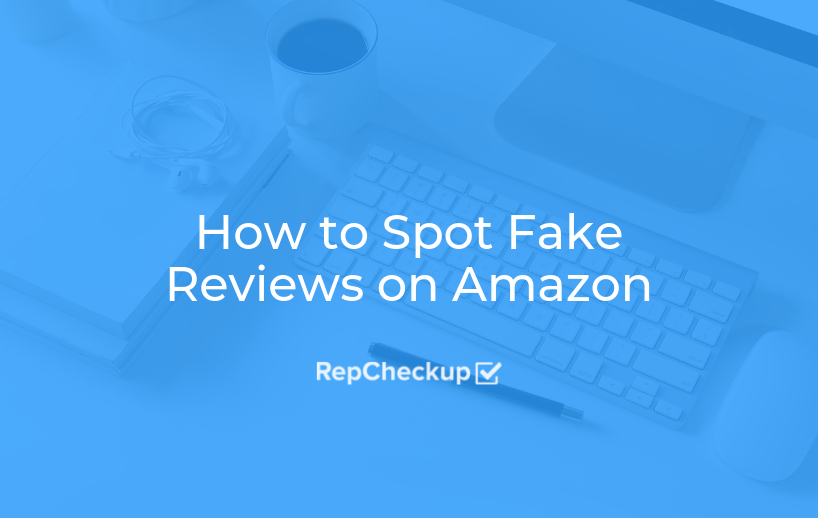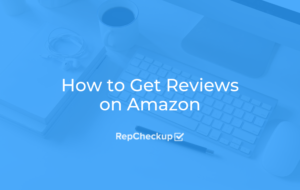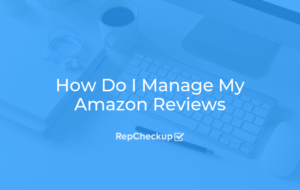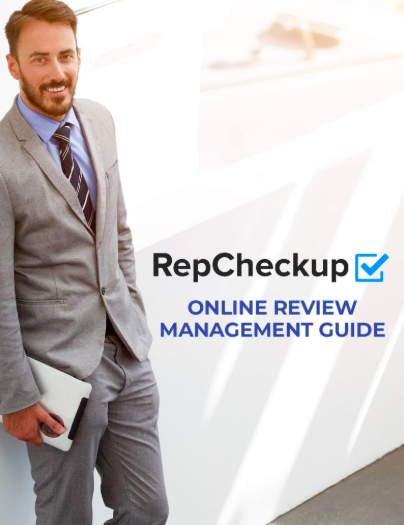
How to Spot Fake Reviews on Amazon

Amazon is a quick and economical platform to purchase from. It’s one of the largest online shopping websites in the world, widely known for its varied selection of everything from household knick-knacks to electronic essentials. One of the most important aspects of Amazon is its customer review system.
Here are some quick ways to tell fake reviews apart from authentic reviews:
- Check the reviewer’s profile.
- Read the three and four star reviews (they tend to be from real people).
- Extremely short reviews are typically falsified.
- Compensated reviews may not be reliable.
- Look for Amazon Vine.
- Check the “Customers Bought” section.
- Use tools like FakeSpot or ReviewMeta.
With that in mind, let’s take a closer look at this process below:
1) Always check the reviewer’s profile:
You’ll need to click on a reviewer’s name to get to their profile page. Here, you’ll be able to see all of their reviews for every product they’ve purchased. If it looks like every review has been made in the same day or over a couple of days with variations of the same comment, they’re likely fake.
2) Check out the three and four-star level reviews.
Every falsified review will be a five-star review. A two, three, or four-star review doesn’t move the products much in the search results. So, if you are reading the reviews section and there is a good variety of ratings between one and five, the reviews are typically more authentic.
3) Take a close look at short reviews
The higher the rating, the higher a product appears in the search results. Thus, fake reviews are often short and non-specific because the actual wording in the review doesn’t change the star rating system in the search algorithms.
4) Consider their compensated reviews
Compensated reviews were allowed until 2016, where you were allowed to review a product in exchange for receiving it for free. While this has now been barred, those old reviews can still be found.
5) Look out for Amazon Vine
This program sends you products in exchange for reviews. While you must be invited to become one of these reviewers (which is based on your history of leaving top voted and helpful reviews) and while the sellers do not have contact with you, the practice still leaves room for untruthful and biased reviews. Additionally, the sellers will pay Amazon for these reviews. However, Vine reviews are clearly marked as such.
6) Check the “customers also bought” section
Typically, this section contains products similar or complementary in nature to the product you are viewing. However, if this section is filled with unrelated products, something might be amiss.
7) Use tools like FakeSpot or ReviewMeta.
You can also use paste the product’s link into FakeSpot or ReviewMeta. These sites will do the work for you by checking out all of the reviews for the product at once. FakeSpot will show you how many of the reviews are falsified and explain why. ReviewMeta will recalculate the star rating for you, based only on the reviews it suspects are valid.








